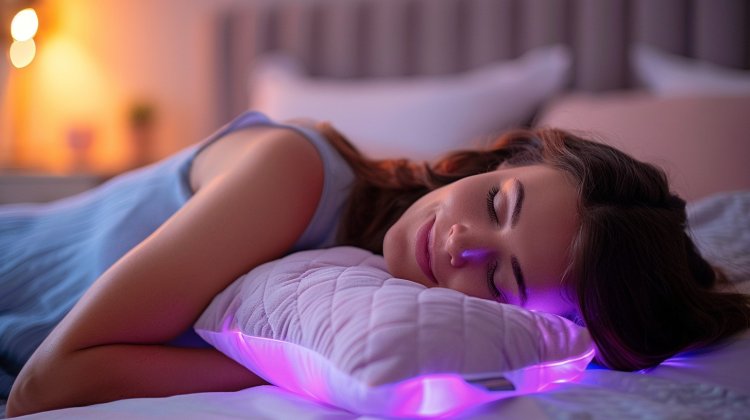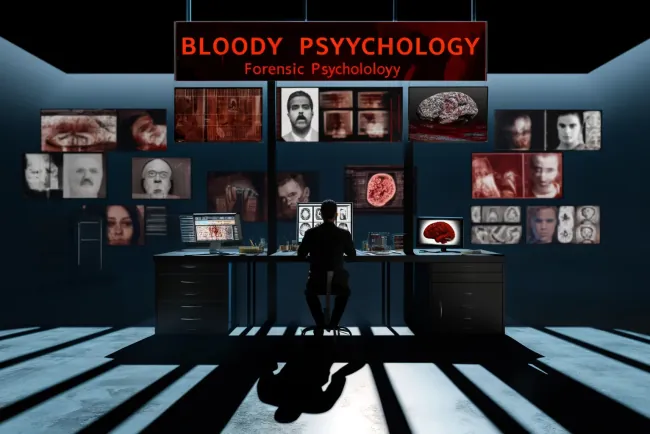Depression vs. Anxiety: How to Spot the Difference & Take Control
what is the key differences between depression and anxiety, their symptoms, and natural ways to manage them.

Understanding Depression and Anxiety
Mental health awareness is crucial for identifying and addressing psychological challenges. Both depression and anxiety attacks can impact your daily life, often occurring together and creating overwhelming emotions. Seeking mental health therapy can be a crucial step toward recovery.
This guide will help you recognize the symptoms of these two conditions and explore options for depression treatment and anxiety help.
Understanding Depression and Anxiety
How to Fight Depression Without Medication
11. Add Greenery to Your Home or Office
What Is Depression?
Depression is a mood disorder that affects how you think, feel, and act. It is marked by persistent sadness and a loss of interest in activities.
Common Symptoms of Depression:
✔️ Persistent sadness, hopelessness, or anxiousness
✔️ Loss of interest in hobbies or activities
✔️ Fatigue and lack of energy
✔️ Changes in appetite and weight
✔️ Sleep disturbances (insomnia or excessive sleep)
✔️ Difficulty concentrating or making decisions
To be diagnosed with depression, these symptoms must persist for at least two weeks and not be linked to a medical condition like a thyroid disorder.

What Is Anxiety?
Anxiety is a natural response to stress, but when fear and worry become excessive, it may indicate an anxiety disorder.
Common Symptoms of Anxiety:
✔️ Constant worry or nervousness
✔️ Irritability and restlessness
✔️ Sweating, trembling, or rapid heartbeat
✔️ Feeling out of control or overwhelmed
Both depression and anxiety disorders can be treated with lifestyle changes, therapy, and, in some cases, medication.
How to Fight Depression Without Medication
If you're looking for natural ways to manage depression, these lifestyle adjustments can help improve your mental well-being.
1. Get More Sleep
Poor sleep can contribute to depression and anxiety. Maintain a consistent bedtime, limit screen time before bed, and create a relaxing nighttime routine.

2. Cut Back on Caffeine
Caffeine can trigger anxiety attacks and disrupt sleep. Try to reduce caffeine intake, especially in the afternoon and evening.
3. Get More Vitamin D
Vitamin D deficiency has been linked to depression. Spend more time in the sun or take supplements if necessary.

4. Try Natural Remedies
Natural antidepressants like St. John's Wort, SAM-e, and omega-3 fatty acids may help relieve depression symptoms. Always consult a doctor before taking supplements.
5. Tap Into Your Spirituality
Mindfulness, meditation, and gratitude exercises can enhance mental well-being. Mindfulness-based cognitive therapy (MBCT) is especially effective in preventing relapse.
6. Get More Exercise
Regular physical activity releases endorphins, which help boost mood. Even light exercise, like walking, can be beneficial.

7. Avoid Alcohol
Alcohol is a depressant that can worsen symptoms of depression and disrupt sleep patterns.
8. Eat ‘Good Mood’ Food
A nutrient-rich diet with omega-3s, probiotics, and healthy fats can support brain function and improve mood.
9. Change Your Thoughts
Cognitive Behavioral Therapy (CBT) helps you reframe negative thoughts into positive ones, reducing depressive symptoms.
10. Get a Handle on Stress
High stress levels can lead to increased anxiety and depression. Meditation, yoga, and deep breathing exercises can help reduce stress.
11. Add Greenery to Your Home or Office
Studies show that indoor plants can boost mood, reduce stress, and improve air quality, all of which support mental health.

12. Tend to Your Social Life
Strong social connections are essential for emotional well-being. Spend time with family, join social groups, and engage in community activities.
13. Try New Things
Learning new hobbies or skills can improve self-esteem and bring joy.
14. Have a Daily Routine
Creating a structured daily schedule can help bring stability and reduce stress.
15. Listen to Upbeat Music
Music has a powerful impact on emotions. Listening to uplifting tunes can help shift your mood positively.
last thoughts
Understanding the differences between depression and anxiety is the first step to managing these conditions effectively. By making healthy lifestyle changes and seeking professional mental health therapy, you can take control of your well-being.
For more information, visit our resources on mental health awareness
FAQs
Q: Can depression and anxiety occur together?
✅ Yes, many people experience both depression and anxiety at the same time.
Q: What are the first steps to take if I think I have depression or anxiety?
✅ Seek help from a mental health therapist for a proper diagnosis and treatment plan.
Q: Are there lifestyle changes that can help with both depression and anxiety?
✅ Yes, regular exercise, a balanced diet, good sleep hygiene, and stress management techniques can all help reduce symptoms.
By following these steps and seeking the right support, you can take proactive measures to improve your mental health. ????
What's Your Reaction?























